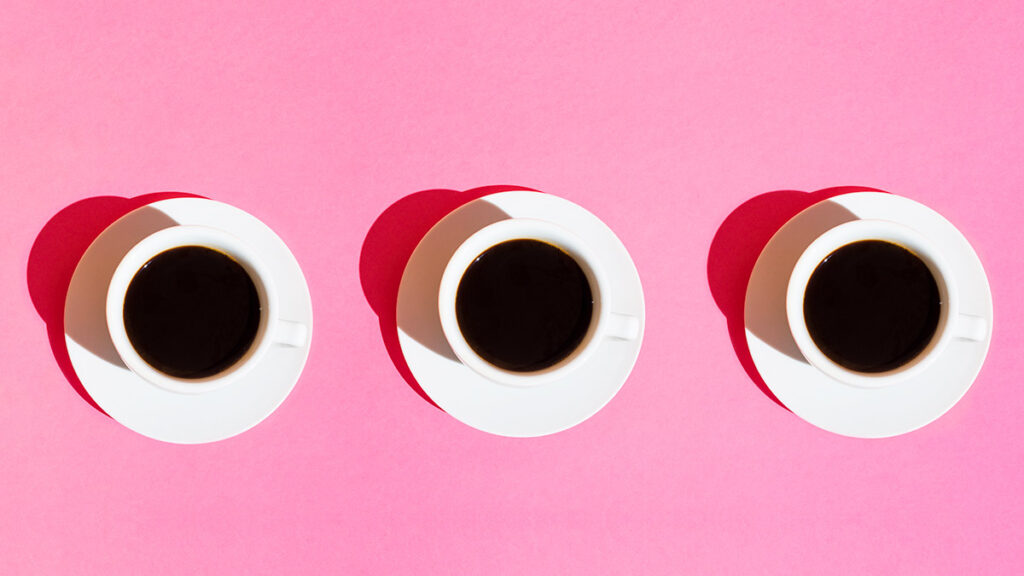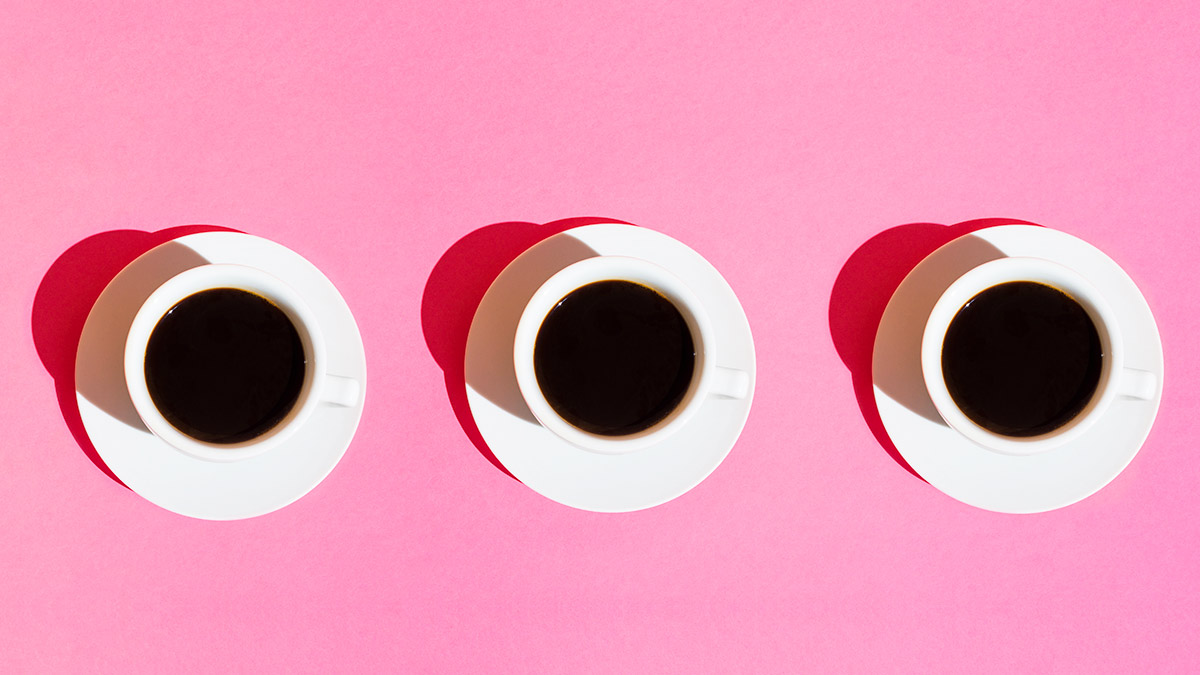
Is There Still Caffeine in Decaf Coffee? Unpacking the Truth Behind Your Morning Brew
The comforting ritual of a morning coffee is a global phenomenon, a daily act that fuels productivity and offers a moment of solace. For many, the buzz of caffeine is a welcome companion. But what about those who seek the flavor of coffee without the stimulating effects? The question, “Is there still caffeine in decaf coffee?” is frequently asked, and the answer, as with most things, is nuanced. This article delves into the decaffeination process, explores the caffeine content of decaf coffee, and examines the implications for coffee lovers of all stripes.
The Decaffeination Process: How Coffee Loses Its Kick
Before we can answer the central question, it’s crucial to understand how coffee beans are decaffeinated. The process doesn’t involve magic; it’s a scientific undertaking. There are several methods employed, each with its own advantages and drawbacks. The goal, however, remains consistent: to remove the caffeine molecules from the coffee beans while preserving the flavor profile as much as possible. The three primary methods are:
- Direct Solvent Method: This is perhaps the most common method. The coffee beans are steamed to open their pores, then submerged in a solvent, typically ethyl acetate (derived from fruit) or methylene chloride. The solvent binds to the caffeine molecules, extracting them from the beans. The beans are then steamed again to remove any remaining solvent. The FDA has deemed both solvents safe for this process.
- Indirect Solvent Method: This approach is similar to the direct method, but the beans don’t come into direct contact with the solvent. Instead, the beans are soaked in hot water, which absorbs the caffeine. This water is then treated with a solvent to remove the caffeine. The caffeine-free water is then reintroduced to the beans.
- Swiss Water Process: This method, also known as the “water process,” is a chemical-free approach that uses only water and carbon filters. The green coffee beans are soaked in hot water, extracting the caffeine and flavor compounds. This water is then passed through activated charcoal filters, which capture the caffeine molecules. The now caffeine-free water, rich with flavor compounds, is returned to the beans. This process can be repeated until the beans are decaffeinated.
Each method has its proponents and detractors. The direct solvent method is often considered more efficient, while the Swiss Water Process is favored by those seeking a truly chemical-free option. The flavor impact can vary depending on the method used, but the goal is always to minimize any changes to the coffee’s taste.
Caffeine Content: The Reality of Decaf
So, back to the core question: Is there still caffeine in decaf coffee? The short answer is yes, but the amount is significantly reduced. According to the FDA, decaf coffee must have at least 97% of the caffeine removed. This means that a cup of decaf coffee can still contain a small amount of caffeine.
The exact caffeine content can vary depending on several factors, including:
- The decaffeination method used: Some methods are more efficient at removing caffeine than others.
- The type of coffee bean: Different coffee bean varieties naturally contain different levels of caffeine.
- The brewing method: The brewing process can influence the final caffeine content.
Generally, a typical cup of decaf coffee (8 ounces) contains between 2 and 15 milligrams of caffeine. In comparison, a regular cup of coffee can contain anywhere from 70 to 140 milligrams. This means that decaf coffee significantly reduces your caffeine intake, but it doesn’t eliminate it entirely. This is a crucial point to remember for those who are highly sensitive to caffeine or need to avoid it entirely for medical reasons. Is there still caffeine in decaf coffee? Absolutely, but in minuscule amounts compared to its caffeinated counterpart.
Who Should Choose Decaf Coffee?
Decaf coffee offers a range of benefits, making it an attractive option for several groups of people. Understanding these benefits can help you decide if decaf is the right choice for you.
- Individuals Sensitive to Caffeine: Some people are highly sensitive to caffeine and experience anxiety, insomnia, or other unpleasant side effects even from small doses. Decaf coffee allows them to enjoy the taste of coffee without the jitters.
- Pregnant or Breastfeeding Women: Doctors often recommend that pregnant and breastfeeding women limit their caffeine intake. Decaf coffee provides a safe alternative for enjoying coffee without exceeding the recommended daily caffeine limit.
- People with Certain Medical Conditions: Certain medical conditions, such as anxiety disorders, heart conditions, and gastroesophageal reflux disease (GERD), can be exacerbated by caffeine. Decaf coffee can be a suitable option for these individuals.
- Those Who Enjoy the Taste of Coffee, but Not the Caffeine: Some people simply enjoy the taste of coffee and the ritual of drinking it, but they don’t want the stimulating effects of caffeine. Decaf coffee allows them to indulge in their coffee habit without affecting their sleep or energy levels.
Decaf coffee offers a solution for those who want the flavor of coffee without the caffeine. The question, “Is there still caffeine in decaf coffee?” is a valid one, and the answer helps guide consumer choice.
The Flavor Factor: Does Decaf Taste Different?
One of the most common concerns about decaf coffee is whether it tastes as good as regular coffee. The decaffeination process can, indeed, impact the flavor profile of the coffee beans. However, the quality of the beans and the skill of the roaster play a significant role in determining the final taste. Modern decaffeination methods are designed to minimize flavor loss. The best decaf coffees are often made from high-quality beans that have been roasted to perfection, resulting in a delicious and satisfying cup.
The Swiss Water Process is often lauded for preserving the original flavor of the beans, as it doesn’t involve harsh chemicals. However, all methods can produce excellent decaf coffee if done correctly. The key is to experiment and find a brand and roast that you enjoy. Many coffee shops and roasters now offer a wide variety of decaf options, allowing coffee lovers to explore different flavor profiles and brewing methods.
Making Informed Choices: Decaf Coffee and Your Health
Understanding the nuances of decaf coffee empowers consumers to make informed choices about their caffeine intake. The question, “Is there still caffeine in decaf coffee?” is important, as it highlights the need for awareness. Here’s what to keep in mind:
- Read the Label: Pay attention to the label on your decaf coffee. It should indicate the decaffeination method used and the caffeine content.
- Consider Your Sensitivity: If you’re highly sensitive to caffeine, even small amounts can have an effect. Start with a small cup of decaf coffee and monitor your reaction.
- Experiment with Brands and Roasts: Don’t be afraid to try different brands and roasts of decaf coffee until you find one that you enjoy.
- Consult Your Doctor: If you have any health concerns, consult your doctor before consuming decaf coffee, especially if you have a medical condition or are taking medication.
Decaf coffee can be a healthy and enjoyable part of your diet, but it’s essential to be aware of its caffeine content and its potential effects on your body.
The Future of Decaf Coffee
The popularity of decaf coffee continues to grow, driven by increasing awareness of caffeine’s effects and the desire for healthier lifestyle choices. Coffee producers and roasters are continuously improving decaffeination methods to minimize flavor loss and enhance the overall coffee experience. The industry is also seeing a rise in specialty decaf coffees, offering consumers a wider range of options and flavor profiles. As the demand for decaf coffee increases, we can expect to see even more innovative and high-quality decaf products on the market.
Conclusion: The Answer to “Is There Still Caffeine in Decaf Coffee?”
In conclusion, the answer to the question, “Is there still caffeine in decaf coffee?” is a qualified yes. Decaf coffee does contain a small amount of caffeine, but the levels are significantly reduced compared to regular coffee. The amount of caffeine can vary depending on the decaffeination method, the type of bean, and the brewing process. Decaf coffee offers a valuable option for those who want to enjoy the taste of coffee without the stimulating effects of caffeine. By understanding the decaffeination process, the caffeine content, and the factors that influence flavor, coffee lovers can make informed choices and enjoy their daily cup of joe with confidence. The question, “Is there still caffeine in decaf coffee?” is important, and understanding the answer allows for informed consumption.
[See also: Related Article Titles]


